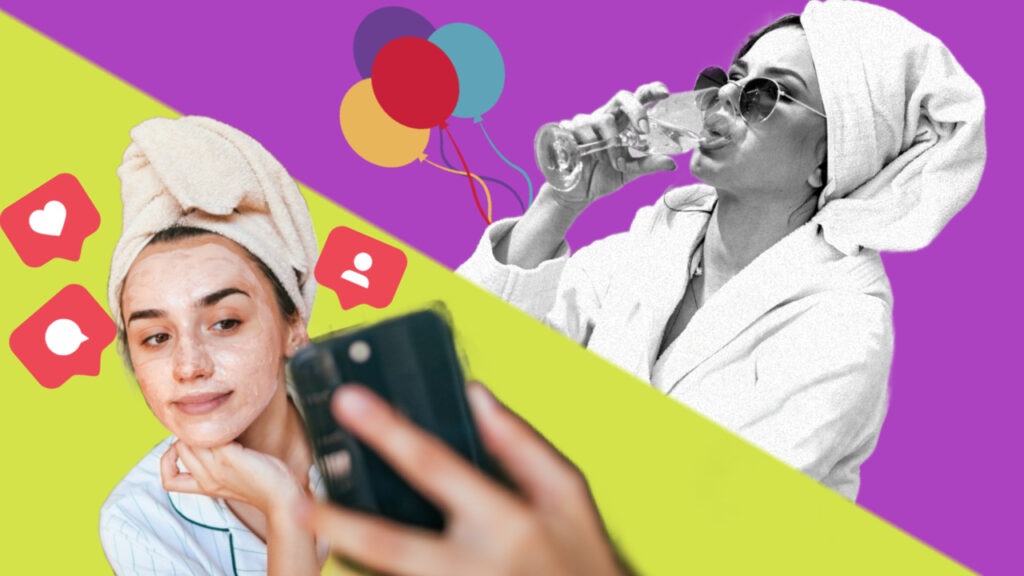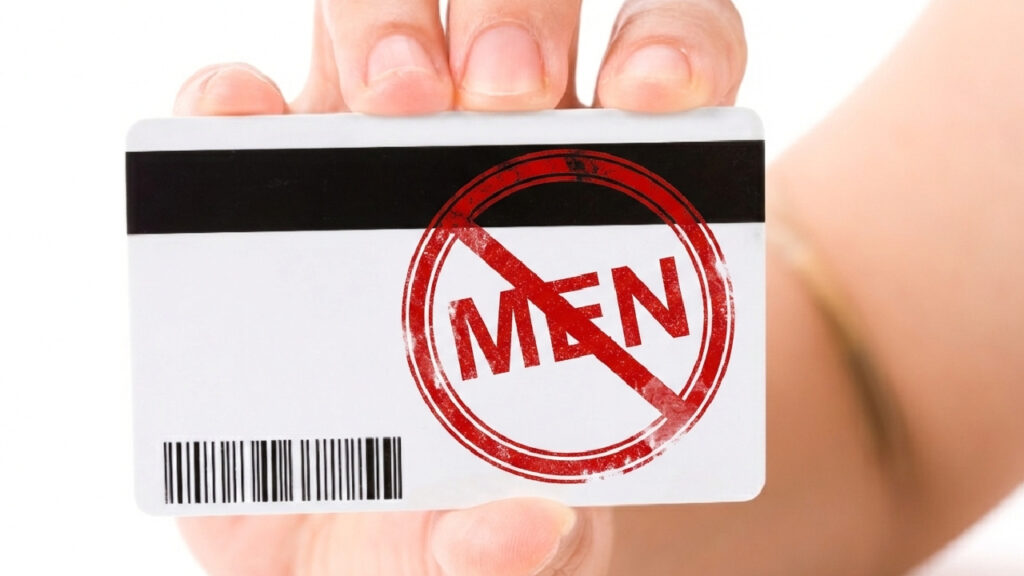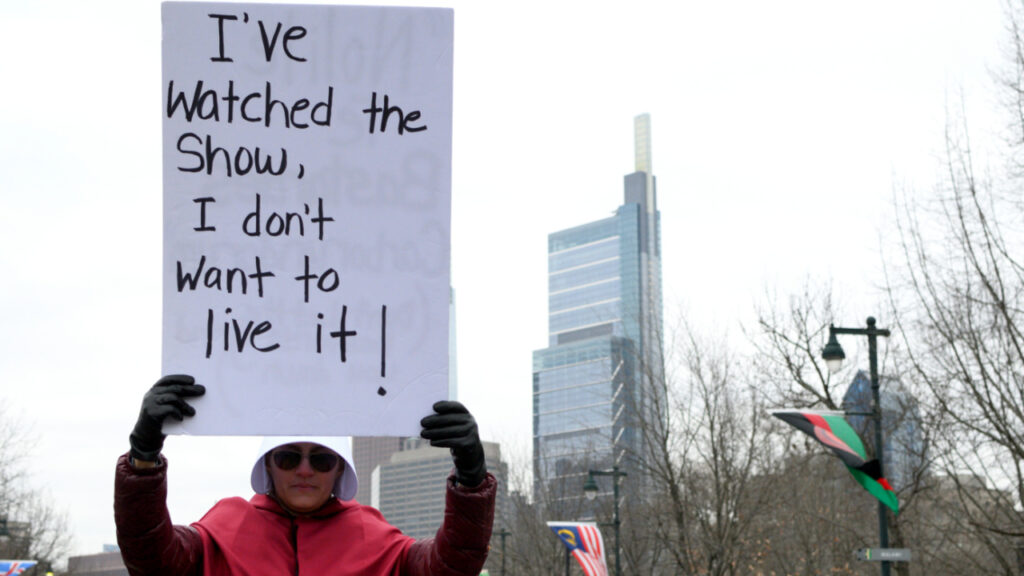
When the Only Option Is You: The Overwhelming Guilt of Grief and Navigating Caregiving as a Latina
September 10, 2020, was the day my life changed forever. It’s the day I lost my dad to an excruciating four-year battle with colorectal cancer. My dad, Tony, was a hardworking man who dedicated most of his life to the United States Post Office, coming to Spanish Harlem from Puerto Rico in his teens.
Like most Latino parents, he came here looking for a better life away from the barrios de Añasco. In his late teens, he met my mom at a party neither was supposed to attend, and the rest was history.
They dated for some time under the watchful eye of my mom’s incredibly strict parents (and three brothers) and decided to tie the knot at City Hall. Shortly after that, they began their tethered lives, with my dad enrolling in the army and being stationed in Rhode Island, where they moved for a short stint.
They were living in honeymoon bliss until my mom started to fall ill with a then-mysterious autoimmune disease now known as Lupus. Back then, Lupus was an anomaly in the form of seizures, muscle atrophy, raging skin rashes, and more. And because my uncles kept my grandparents occupied with their own health issues, it was up to my dad to be my mom’s sole caretaker. Where eventually, the strain of caring for a severely ill wife and, eventually, their only child (entered me) led him to a battle with alcoholism.
Despite this, he was beloved by those around him for his charm, humor, and blunt honesty. But eventually, he was given an ultimatum–get sober or get lost.
After a successful 90-day in-patient rehab at White Deer Run in upstate New York, he overcame his alcoholism and never had a drink till the day he died. He devoted the rest of his life using the 12 Steps to Recovery, became a group leader in AA, sponsored other recovering alcoholics, and even served as treasurer for his home group.
He gave himself and his family the gift of a second chance at life and lived happily and healthily for many years. Years I’ll happily carry with me.
But Then, Everything Changed
Diagnosed with advanced stage four colorectal cancer, my dad was given a slim chance of survival but fought valiantly through chemo and radiation for four years. His resilience was remarkable, and he always found joy even in darkness.
However, on September 8, after an emergency procedure to drain an inoperable enlarged prostate, he seemed different. In hindsight, he probably shouldn’t have been discharged, but I knew he just wanted to be in the comfort of his own home.
He spent most of his final days praying, in silence, or listening to jazz music. We knew it wouldn’t be long.
One day, my mom and I went out to buy groceries and when we returned, we knew something was terribly wrong. My normally sharp-minded dad handed me the cordless phone instead of the TV remote, confused at why it wouldn’t change the channel.
Somehow, in the two hours we left the apartment, he grew terribly weak, so I made the tough decision to take him back to the emergency room. I gave him the last hug I would ever give him while he was conscious.
Overnight, he slipped into a coma and passed away on September 10, 2020, just one week after burying my grandmother.
My dad was the glue, the rock for our triangular family. He understood both my mom and me, took care of my family when I went away on vacations, let me bend his ear whenever I needed consejos, and somehow managed to always make us feel special, even when he was feeling his worst.
My life would change forever, and I was unsure how to handle it. I buried myself in tears, workouts, and sleep because I missed him deeply. But I was also dreading what was coming next: the responsibilities that would lie ahead, being the only child with a sick mom.
As a Caregiver, I Struggled Trying to Find a New Routine and Hating Every Minute of It
Just like my dad, I assumed the role of my mom’s surrogate caretaker, adopting my parents’ routine as my own. On top of all that, the car that my dad left behind broke down and died unexpectedly (one could mistake this for some kind of metaphor), and I quickly had to purchase my first car.
I was playing the role of an Uber driver, taking my mom to run her weekly errands and go to her numerous doctor’s appointments and physical therapy sessions, leaving little room for myself to properly grieve.
My body was a brick, tense with resentment and frustration because, at 34 years old, this was hardly a way to live out a young, vibrant life. At least, not the way I had envisioned.
But there was no other family to rely on who could relieve some of the pressures, no caretakers that could help with my mom’s travel to appointments because she wasn’t eligible for Medicare or Medicaid. There was especially no time for me.
The walls were caving in, and I couldn’t hide it anymore. I remember catching COVID and welcoming it as the relief I needed to stay home and rest. But even that made me feel guilty. Isn’t that terrible?
With Time, Resolved Childhood Trauma Resurfaced, and Resentment Began to Build
When I first learned of my dad’s cancer diagnosis, weekly therapy sessions played a big role in my preparation for my dad’s loss. While I learned so many invaluable coping methods and began the process of pre-grieving, everything fell apart as I slipped back into the familiar mentality of a resentful, rebellious teenager.
As a kid, my parents always wanted me to join them in their tedious chores—that was how we bonded or spent quality time together. But it felt like I was forever aimlessly wandering the aisles of a grocery store or the walkways of a cemetery honoring past ancestors.
I was rarely allowed to stay home and play alone—which, in hindsight, was a good idea because who knew what kind of trouble I’d get myself into because I probably would’ve wandered the halls or the streets of the Bronx in the 90s (and we all know how that ended up for a lot of people).
I often felt trapped in my own home. Did I mention the three of us shared one bedroom, where I had a little corner of my own?
The more I advanced in my teenage years, the more suffocating this felt.
And that feeling resurfaced years later when my mom’s use of shopping and chores to bond pulled me away from my grief, job, and personal life. All I wanted was to go back to normal or something like it because my idea of bonding isn’t through chores but breaking bread in a restaurant where we could talk about the good memories my dad left behind or plan new ones we could create together—not arguing over my mom’s choice of weekly groceries that could easily turn into two weeks’ worth of food so we can lessen the number of trips we take per month.
Don’t even get me started on trying to catch various sales on laundry detergent at different stores. (But that detergent is expensive, thanks to COVID’s astronomical inflation rates!)
I desperately needed time to think to myself—spend hours daydreaming or recollecting the past as a way to memorialize my dad instead of running on autopilot just to get through the long list of things that needed to get done.
My resentment grew as I struggled to balance my needs with my responsibilities. At the height of my frustration, my mom told me, “You wear this face like you hate me.” While hate wasn’t the right feeling, there was certainly a contempt that I didn’t realize I held so openly. And I started to feel like a terrible daughter because of it.
Given such a good life, how could the daughter be so upset that she was expected to pay it forward? It wasn’t my mom’s fault. But it wasn’t mine either.
Mom Guilt and the Burden of Being an Only Child
Our family dynamics were insular, with only a handful of interactions beyond our immediate bubble. Sure, my dad’s funeral brought extended family together that I hadn’t seen in decades, but it only highlighted the isolation I compartmentalized.
As an only child, the responsibility was immense. Guilt overwhelmed me as I faced the crushing weight (I’ll get to Encanto in a second) of being the sole caregiver and the societal expectations that came with it.
In 2021, Encanto came out—just a year after my dad’s death. I’m not sure I remember where I watched it but it was likely at home because the first time I heard Jessica Darrow sing “Surface Pressure,” I balled uncontrollably.
Until then, no other song or work of art quite captured the feeling of holding the world’s weight on your shoulders as the person everyone looked to as their rock. I knew the song was intended for the eldest children, but everything about that song made me feel seen because, yes, under the surface, I’m pretty sure I’m worthless if I can’t be of service. A flaw or a crack, the straw in the stack that breaks the camel’s back, but what breaks the camel’s back?
This. This broke this camel’s back.
For the boundaries I worked so hard to achieve in my complicated relationship with my mother, I suddenly felt a rush of amnesia. Because “if mama ain’t happy, ain’t nobody happy”—a saying on a coaster she once gifted me for my birthday or Christmas.
And let me be clear: I love my mother with all my heart and soul. She did the absolute best she could with the tools she had. My mom and dad gave me a life for which I’ll forever be grateful. These feelings are complicated, layered, and sometimes inexplicable, but we’ve figured it out after lots of trial and error and time and grace.
The burden of being an only child is often akin to the plight of the eldest child in many ways, except there’s a heightened and critical level of responsibility that’s almost inescapable when there’s no one else to rely on, your parent’s financial situation leaves no real options, and you suddenly gain a dependent that the government doesn’t recognize as a dependent when you’re not under the same roof.
And the guilt we feel is real. It’s so real that, at times, it’s crippling. My guilt has held me back from doing things I’ve always enjoyed— namely, traveling. Have you heard it, too? That little voice inside with a swelling message, “But if you go away on vacation, something might happen, and then you’ll really beat yourself up if you’re not around.”
But I’ve since taken an unforgettable 10-day vacation to St. Thomas, and my mom stayed in my apartment with her dog to watch my familiars like my dad used to and didn’t even bat an eye. She did it because she was happy to. No guilt allowed on either end there. And that was a welcomed feeling of freedom.
Learning You’re Not Alone and Living for Yourself
After sharing some of my grievances with people, they had their opinions. Most people suggested moving in with my mother, but at what cost? Privacy, boundaries, sanity? I’m a 38-year-old single woman who very much enjoys her independence and her peace. I’ve lived my entire life without a roommate, and I’d like to keep it that way for as long as I can. Does that make me selfish? Maybe. But that’s okay!
To be there for others, you must first prioritize your own needs. For so long after my dad’s death, I was showing up as a shell of myself. Despite the brave face I put on, I still struggle daily with my dad’s loss. I’ve become besties with crying, and when I slip into autopilot, the emotions I suppress become overwhelming. But I realized that if you’re not showing up for yourself and prioritizing your needs, you’ll show up empty for everyone else.
Suffering such a great loss changes you. It changes the way you show up, the way you love, and the way you look at life. You have to give yourself room to grieve and remember that you don’t have to grieve how people think you should or live the way people think you should. Even and especially when it means breaking generational curses, healing generational trauma, and going against the grain of what our ancestors have done with such contempt before us.
If you’ve ever felt like you’re alone in the battle of caregiving, especially as an only child–I want you to remember that you’re not. Navigating this life is tricky. It’s a big rollercoaster of endless emotions coming at you at every twist and turn, but you can handle anything.
You are strong and you matter, so show up for yourself and give yourself grace because chances are, you do it for everyone else, so why not you? And use your resources. Don’t be afraid to ask for help. Don’t be afraid to cry in front of your friends. And don’t be afraid to protect your peace.
Take it from me because I remind myself of these things every single day.
Jenni Ruiza is a Bronx-based comedic actress, writer, singer, and producer. She began her professional career in 2011 when she signed on as a writer and featured player for the sketch comedy show “Ay Que Funny” created by comedian Jesenia. Jenni has since gained credits as co-writer/producer for the hit web series, “Becoming Ricardo,” performing musical improv with The LocoMotives around NYC, and as a regular commentator for ABC Fusion’s “Come Here and Say That” and Buzzfeed’s “That Literally Happened.” Jenni continues to gain credits in film, digital media, and commercials. The kind of content that resonates deeply with Jenni explores mental health, grief, and self-inflicted toxicity by way of intergenerational trauma—all grounded in humor. You can find Jenni in the upcoming films, “Playing Sam” and “Honey” and on HBO’s “Fantasmas” with Julio Torres.




